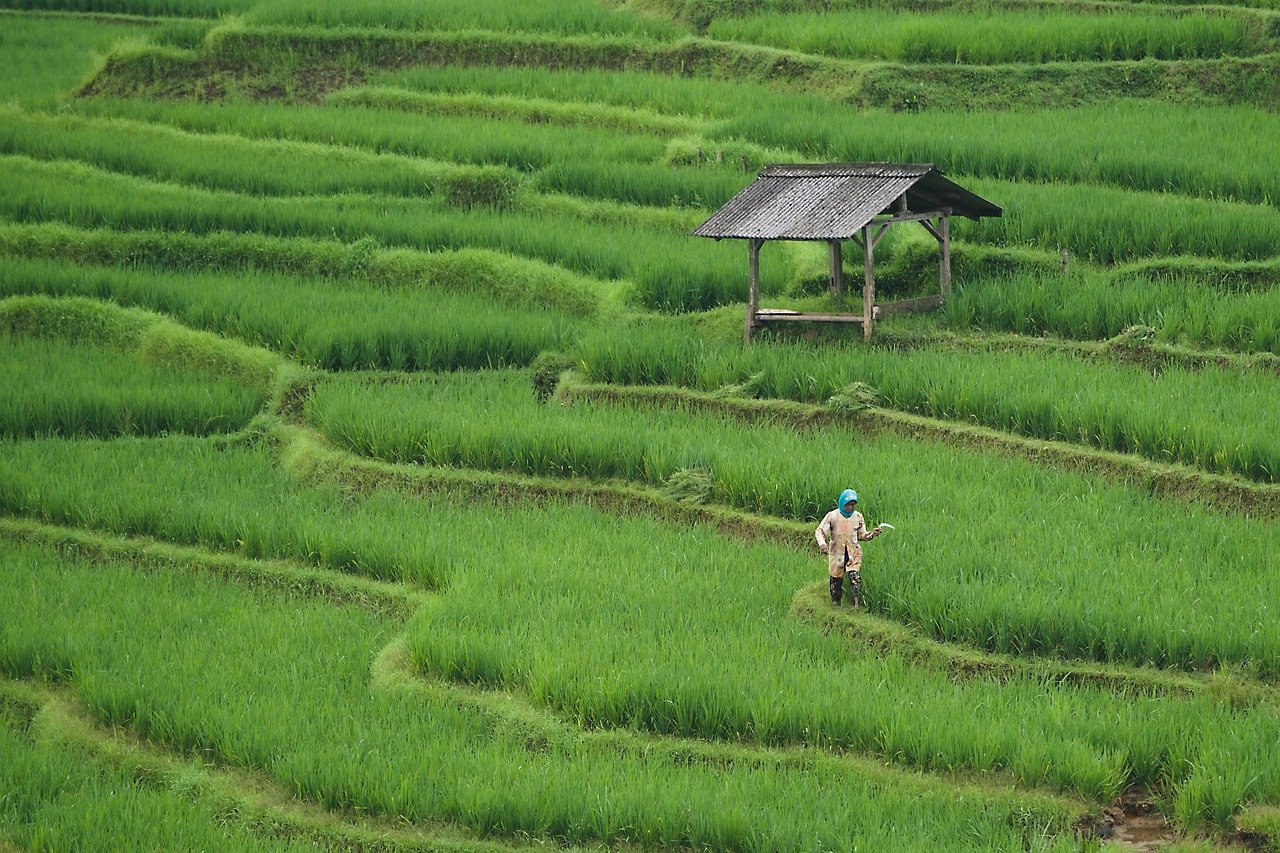The Power of Sustainable Agriculture: Feeding the Future Sustainably
Sustainable agriculture is key to ensuring food security while preserving our natural resources. At STW Solution, we champion practices that maintain soil health, reduce chemical use, and increase biodiversity. This blog post highlights our sustainable agriculture projects, including organic farming, integrated pest management, and regenerative agriculture. Explore how these practices benefit farmers, consumers, and the environment, and why they are essential for a sustainable future.
Championing Soil Health
Healthy soil is the foundation of sustainable agriculture. At STW Solution, we employ a variety of techniques to maintain and improve soil fertility. Organic farming practices, such as composting and the use of green manure, enrich the soil with essential nutrients without relying on synthetic fertilizers. Crop rotation and cover cropping further enhance soil health by preventing erosion, improving soil structure, and boosting organic matter. By focusing on soil health, we ensure that agricultural lands remain productive and resilient for generations to come.
Reducing Chemical Use
Reducing the reliance on chemical inputs is another critical aspect of our sustainable agriculture initiatives. Integrated pest management (IPM) is a cornerstone of our approach, combining biological, cultural, physical, and chemical tools to manage pests in an environmentally friendly and economically viable manner. By using natural predators, crop diversification, and other non-chemical methods, we minimize the need for pesticides, thereby reducing environmental contamination and protecting beneficial insects and wildlife. This approach not only safeguards the environment but also promotes healthier food production.
Increasing Biodiversity
Biodiversity is vital for the stability and productivity of agricultural systems. Our regenerative agriculture projects aim to increase biodiversity both above and below ground. Techniques such as agroforestry—integrating trees and shrubs into farming systems—create diverse habitats that support a wide range of species. Polyculture practices, where multiple crops are grown together, also enhance biodiversity and resilience against pests and diseases. By fostering rich and varied ecosystems, we create agricultural landscapes that are more resilient to environmental stresses and capable of sustaining long-term productivity.
Benefits for Farmers, Consumers, and the Environment
The benefits of our sustainable agriculture practices extend beyond the farm. Farmers gain from improved soil fertility, reduced input costs, and increased resilience to climate variability. Consumers benefit from healthier food options produced with fewer chemicals and greater environmental stewardship. The environment benefits from reduced pollution, enhanced biodiversity, and improved ecosystem services such as water purification and carbon sequestration. Together, these benefits contribute to a more sustainable and equitable food system.
The Path to a Sustainable Future
Sustainable agriculture is not just an option; it is a necessity for feeding the future. By adopting and promoting sustainable practices, we can ensure food security while protecting the natural resources that sustain us. At STW Solution, our commitment to sustainable agriculture is unwavering, and we invite you to join us on this journey towards a sustainable future. Together, we can create agricultural systems that nourish people and the planet, paving the way for a healthier and more resilient world.

